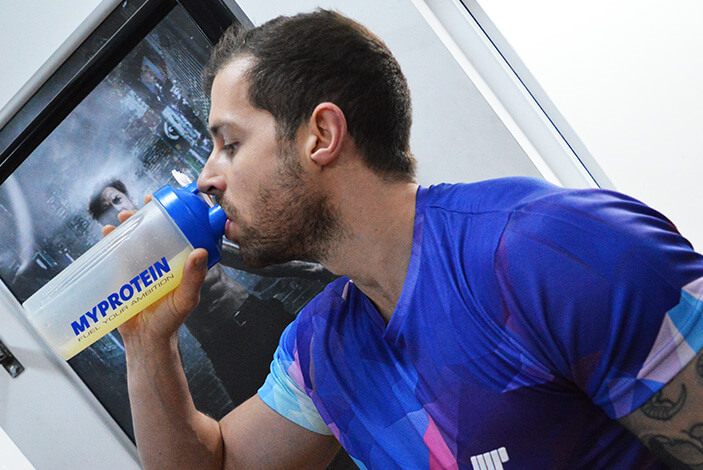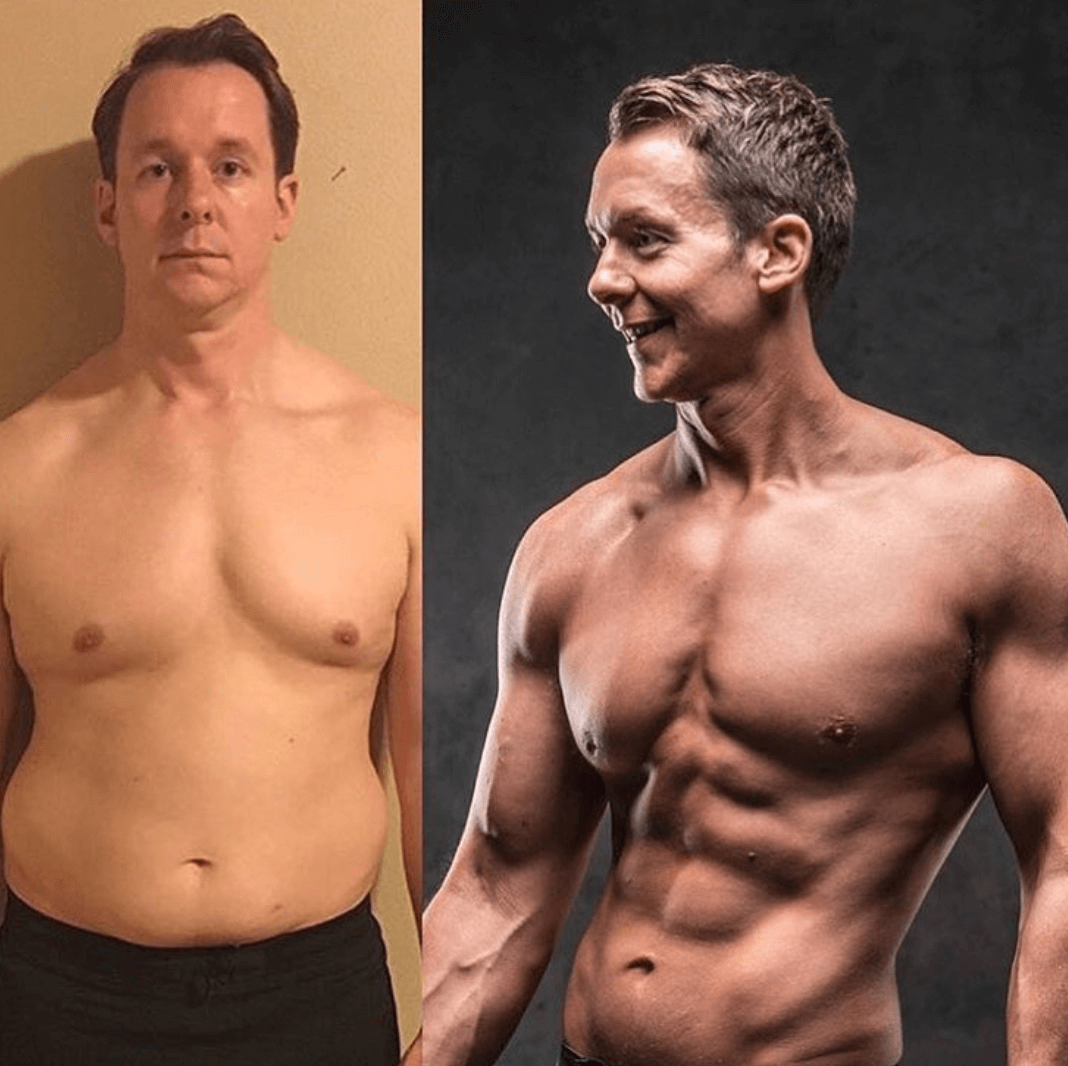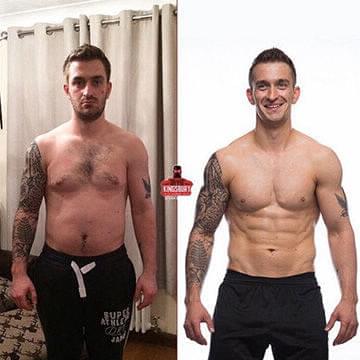Hopefully your new year resolutions are still intact and going strong as we start 2017. I don’t want to impact on those at all, but I am ready to bust a few other myths.
There’s a lot of talk at the moment about protein. As with anything when the internet is involved, there’s a lot of information and misinformation out there. I want to help you clear through the clutter and understand the facts about protein and why it’s important. Let’s look at the top ten myths around protein and hopefully debunk some of them!

1. Protein is only relevant if you want huge muscles.
Wrong. To put it simply, protein doesn’t give you muscles on its own. If only that was the case! It’s true to say that it helps, but you don’t just ‘get’ muscles by eating protein in any quantity. You decide on your muscle size through eating protein, whilst in a calorie surplus and training with high intensity over a period of time. Your body needs protein whether you’re training for strength or not.
2. Protein shakes are vital.
Again, I’d say not. Protein that comes in a shake form are generally no better or worse than eating the whole food. They’re certainly more convenient than cooking the equivalent and can be more cost-effective, but don’t think they are all you need. I would say they can be useful when supplemented with protein powder to hit your macros. Saying that, if you’re on the Better Self plan, then these are already calculated, so you shouldn’t need to supplement them too much (or at all).
3. Post Workout Shakes Are Essential.
It used to almost be the law that you needed a protein shake after your workout. I’m not here to tell you that that isn’t the case anymore, but an immediate post-workout calorie intake isn’t vital to your progress. It’s important, but it’s not crucial. Research on this matter shows that you wouldn’t be missing out too much if you waited til you got home before having an intake of calories. So next time you finish your workout and realise you left your shake at home, don’t worry about it too much.
4. No workout, no shake?
Whilst we’re on the subject of protein shakes, then people often only associate them with the aforementioned post-workout refuel. So if you’re not working out, then you don’t need a shake do you? Your body needs protein, in the same way it needs carbs and fats, whether you’re working out or not. A shake is merely a convenient way to get some.
5. Quinoa is the perfect protein.
There’s no denying that quinoa is the superfood of the year, or last year at least. Like any nutritional ‘trend’, people often bestow extraordinary powers upon it and it can seem like the cure-all for protein and everything else.
The fact is quinoa might be good at some things, but it’s not up there with the best sources of protein. Quinoa, like other whole grains, derives most of its calories from carbs so it’s not going to play a huge part in your protein diet.
6. Our bodies can only absorb 30 grams of protein in one go.
This particular myth came from the amount of protein needed to stimulate muscle protein synthesis (MPS). However, the fact is whether we absorb protein isn’t related to MPS at all. Your body will digest more than 30 grams of protein if needed, but if you eat a larger meal, digestion is obviously going to take longer.
7. Do I need to eat casein before bed?
Casein powder is a slow digesting protein and works in similar ways to dairy products. Some people take it to increase muscle protein synthesis whilst they sleep, and that does happen, but I don’t think it’s necessary. Any impact a pre-bedtime protein source might give you is nothing compared to what you’d get by simply doing the basics throughout the day, i.e. training with intensity, getting enough rest or hitting your daily macros.
8. Protein can harm your kidneys.
Obviously I write this not knowing your own medical history or current state of health, so it’s impossible to give you an accurate response that will apply to everyone. That said, if you have kidney problems, then it probably isn’t a good idea to have a high protein diet. The confusion often comes because of the high levels of creatinine in urine. Both are high in those with kidney disease but also those in those who eat a high protein diet. There isn’t a correlation between the two and one doesn’t impact the other.
9. Protein overrides carbs and fats.
Even if a particular food is a good source of protein, you still need to count the carbs and fat it contains, as well as the protein. If you only consider the protein, then you’re doing yourself a disservice and it will throw your macro management off and that can hamper your progress.
10. You always need 1g of protein per 1lb of bodyweight.
This is too simplistic a formula to really work for everyone, but it’s often used by other trainers, particularly those with women clients. It’s problematic because, again, people are different. They have different body types and are working towards different goals.
As a general rule-of-thumb, I would say eat between 1-1.5 grams of protein per pound of lean mass if you’re going for fat loss, 1g per pound for muscle gain and if you’re just looking to maintain the lean body you have, then you could go down to 0.6 or 0.7g per pound.
If you found these points useful then please share the article with someone you think will find it useful.










